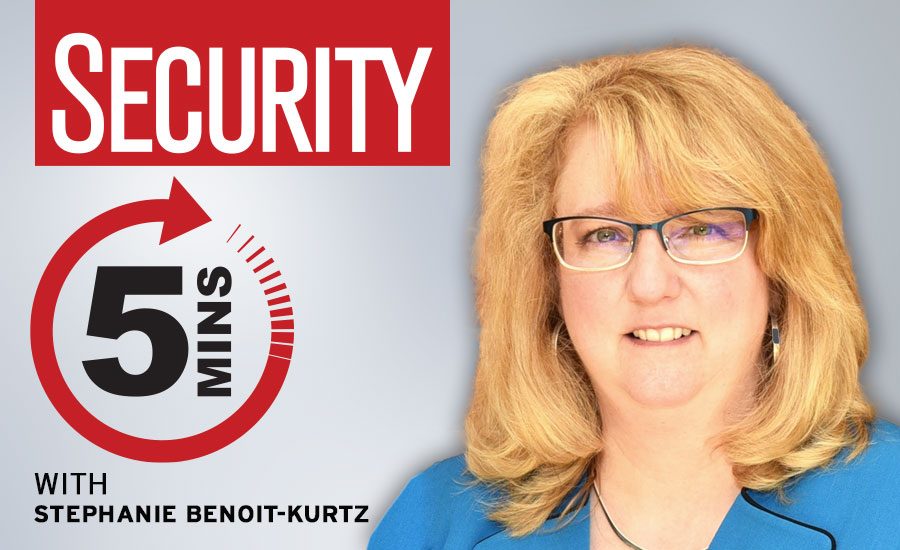- How to disable ACR on your TV (and stop companies from spying on you)
- I expected this cheap multitool to be a waste of money, but it's my new a toolbox essential
- Have The Last Word Against Ransomware with Immutable Backup
- Multi-channel Secure Communication
- Apple's bold idea for no-code apps built with Siri - hype or hope?
Dell Technologies Drives Convergence of High Performance Computing, AI and Data Analytics with Omnia Open Source Software | Dell Technologies
ROUND ROCK, Texas, June 28, 2021 /PRNewswire/ — News summary Dell Technologies-developed open source Omnia software speeds and simplifies AI and compute-intensive workload deployment and management HPC on demand services now offer pay-as-you-go resources for hybrid clouds with VMware infrastructure Dell EMC PowerEdge servers add NVIDIA accelerator options for advanced computing Full story Dell Technologies (NYSE: DELL) is introducing new solutions to help customers better manage the convergence of high performance computing (HPC), artificial intelligence…
Read More












